Building 49, Fumin Industrial Park, Pinghu Village, Longgang District
Sunday Closed
Welcome to 7 Swords, your premier destination for Rapid Prototype Modeling Services. We specialize in transforming concepts into tangible prototypes swiftly and efficiently, helping you bring your ideas to life with precision and speed. Our state-of-the-art facilities and skilled team ensure that every prototype meets your exact specifications, whether you're in the automotive, aerospace, consumer electronics, or medical device industry. From initial design to final evaluation, our rapid prototyping capabilities streamline your product development process, allowing for iterative testing and refinement before full-scale production. Partner with us to accelerate innovation and achieve your manufacturing goals with confidence.
Professional Knowledge of Rapid Prototype Models
In the dynamic landscape of modern manufacturing, rapid prototype models stand as crucial tools bridging the gap between concept and production. These models represent a pivotal stage in the product development process, offering tangible representations of designs for evaluation, testing, and refinement before full-scale production. Here’s a comprehensive exploration of the professional knowledge behind rapid prototype models:
1. Conceptualization and Design
Rapid prototype models begin with conceptualization and detailed design. Utilizing CAD (Computer-Aided Design) software, engineers and designers create virtual models that define the geometry, dimensions, and functional aspects of the product. This stage involves close collaboration between design teams and clients to ensure that the prototype reflects the intended functionality and aesthetic appeal.
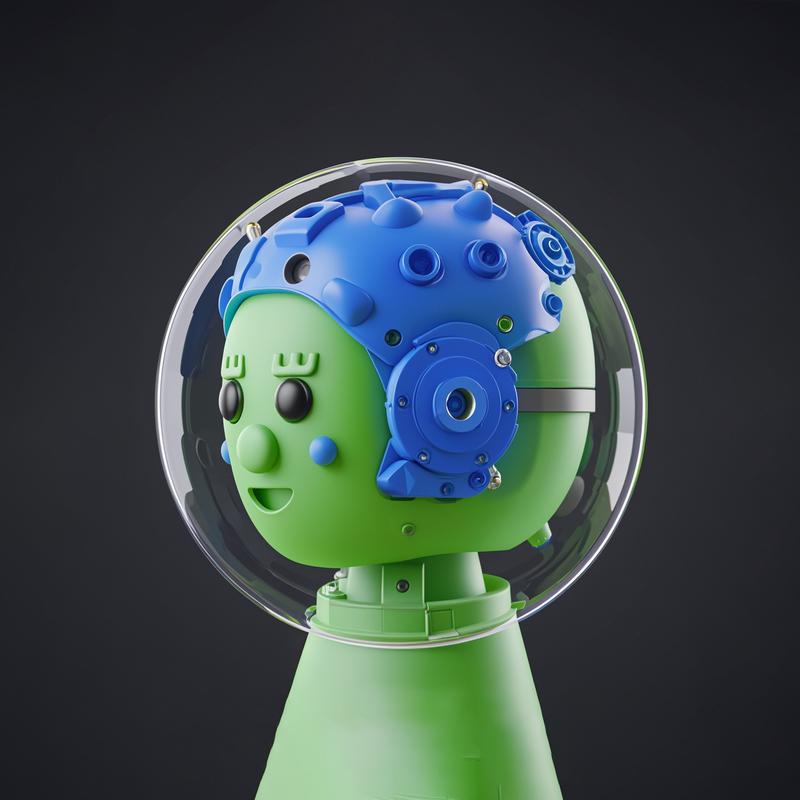
2. Rapid Prototyping Technologies
Several technologies enable the creation of rapid prototype models, each suited to different materials, complexities, and production timelines:
A.3D Printing: Also known as additive manufacturing, 3D printing builds prototypes layer by layer from digital designs. It offers versatility in material choices and is ideal for creating complex geometries quickly.
B.CNC Machining: Computer Numerical Control (CNC) machining involves subtractive manufacturing processes where a block of material is carved into the desired shape using computer-controlled tools. It provides high precision and is suitable for a wide range of materials.
C.Injection Molding: Suitable for producing prototypes in materials such as plastics, injection molding replicates final product features and properties closely. It is beneficial for assessing manufacturability and functional testing.
3. Material Selection
Choosing the right material is critical in rapid prototyping to simulate the properties of the final product accurately. Common materials include plastics, metals, resins, and composites, each offering specific mechanical, thermal, and aesthetic characteristics. Material selection ensures that prototypes meet performance requirements and endure testing phases effectively.
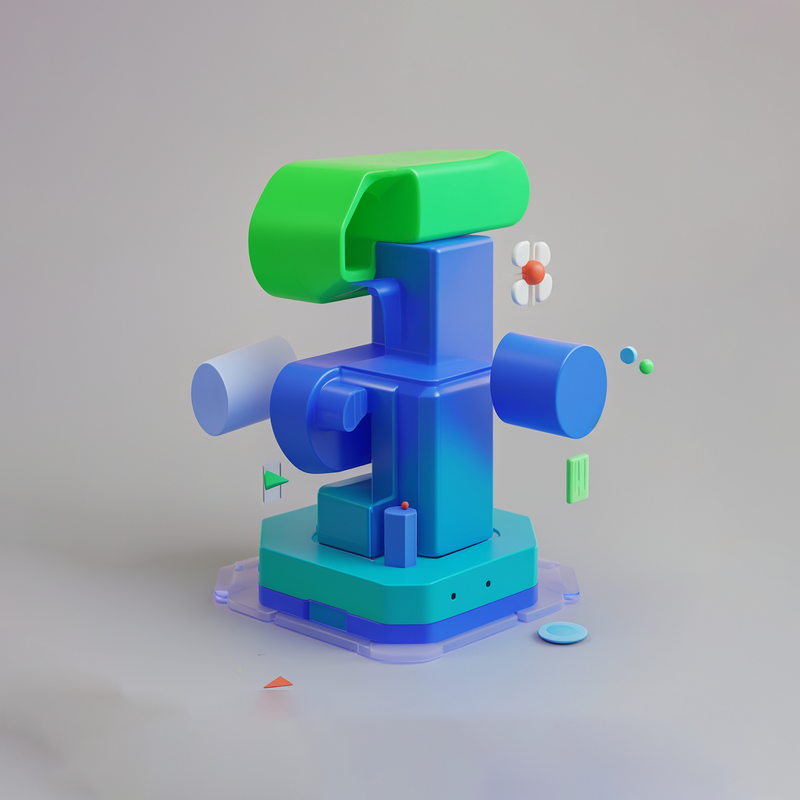
4. Iterative Development and Testing
Rapid prototype models facilitate iterative development cycles where prototypes undergo testing and refinement based on feedback and performance evaluations. Functional testing assesses factors like durability, usability, and assembly feasibility, allowing engineers to identify design flaws early and implement necessary improvements swiftly.
5. Cost and Time Efficiency
The primary advantage of rapid prototype models lies in their ability to accelerate the product development process. By providing quick turnaround times and reducing lead times compared to traditional methods, rapid prototypes minimize costs associated with design iterations and tooling adjustments. This efficiency empowers manufacturers to meet market demands promptly and stay ahead of competitors.
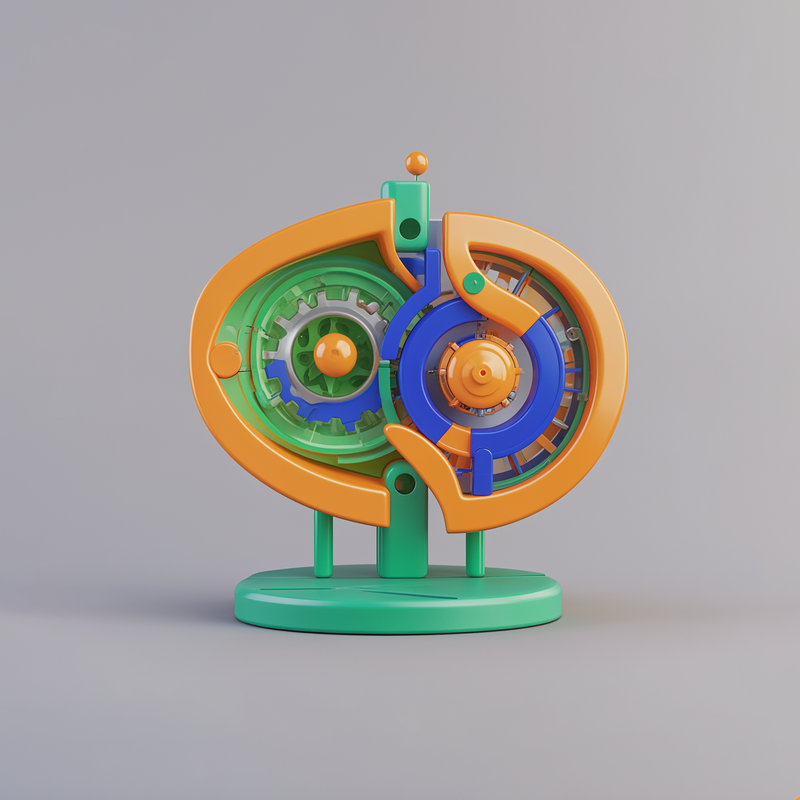
6. Application in Industries
Rapid prototype models find application across various industries, including automotive, aerospace, consumer electronics, healthcare, and more. They support innovation by enabling rapid validation of concepts, facilitating customization, and enhancing product performance through iterative refinement. Industries leverage rapid prototypes to gain competitive advantages, mitigate risks, and bring innovative solutions to market faster.

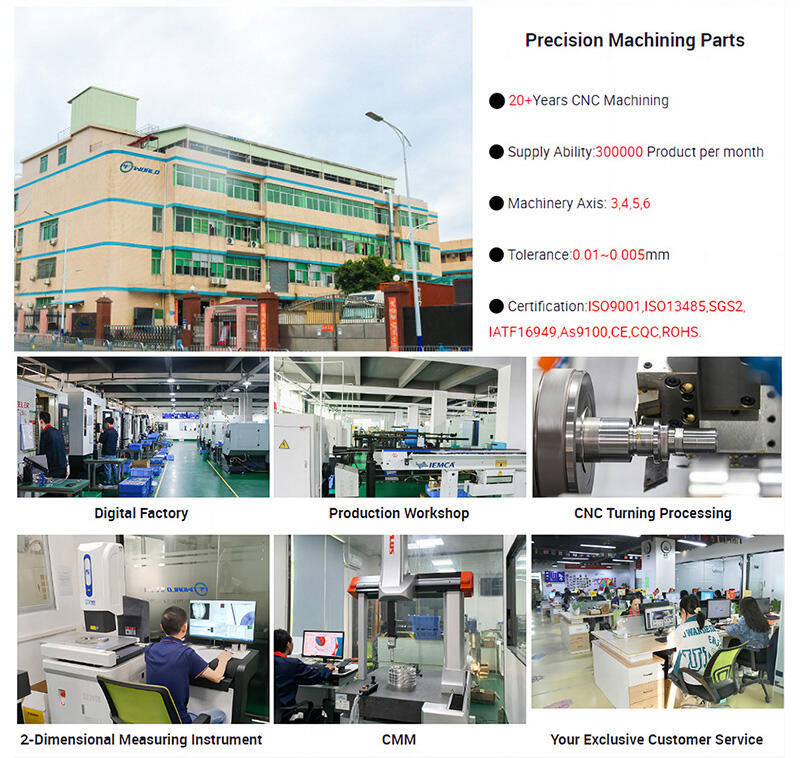
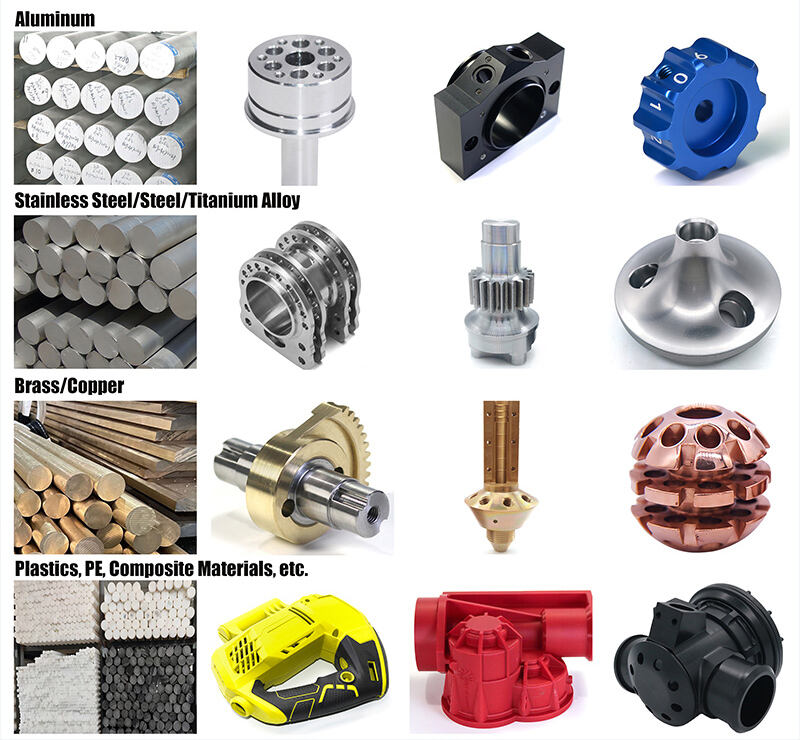
FAQ
1. Are you a manufacturer or a trading company?
We are a factory located in Shenzhen, China, with 20 years of rich experience,
covering 6000 square meters. Complete facilities, including 3D quality inspection equipment, ERP system and 40 machines. If necessary, we can provide you with material certificates, sample quality inspection and other reports.
2. How to get a quote?
Detailed drawings (PDF/STEP/IGS/DWG...), including quality, delivery date, materials, quality, quantity, surface treatment and other information.
3. Can I get a quotation without drawings?
Can your engineering team draw for my creativity? Of course, we are also glad to receive your samples, pictures or detailed size drafts for accurate quotation.
4. Can you provide samples before mass production?
Of course, the sample fee is necessary. If possible, it will be returned during mass production.
5. What is the delivery date?
Generally, the sample lasts for 1-2 weeks and the batch production lasts for 3-4 weeks.
6. How do you control quality?
(1) Material Inspection - Check material surfaces and approximate dimensions.
(2) First inspection of production - ensure
critical dimensions in mass production.
(3) Sampling inspection - check the quality before delivery to the warehouse.
(4) Preshipment inspection - 100% inspection by QC assistant before shipment.
7. After sales service team
If you have any problems after receiving the product, you can provide feedback through voice call, video conference, email, etc. within one month. Our team will provide you with solutions within a week.
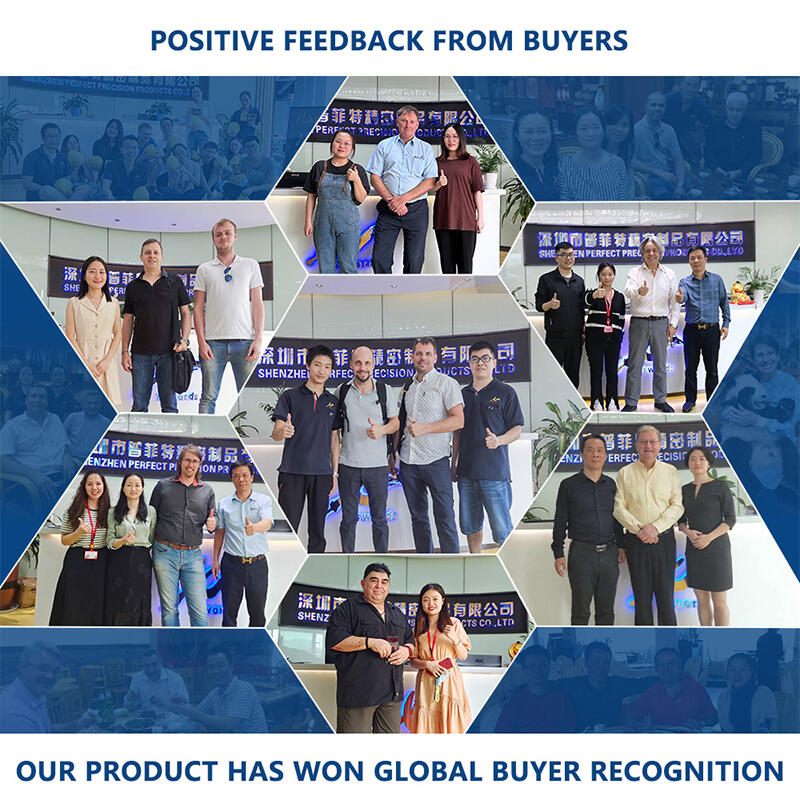
Copyright © Shenzhen Perfect Precision Products Co., Ltd. All Rights Reserved — Privacy Policy — Blog